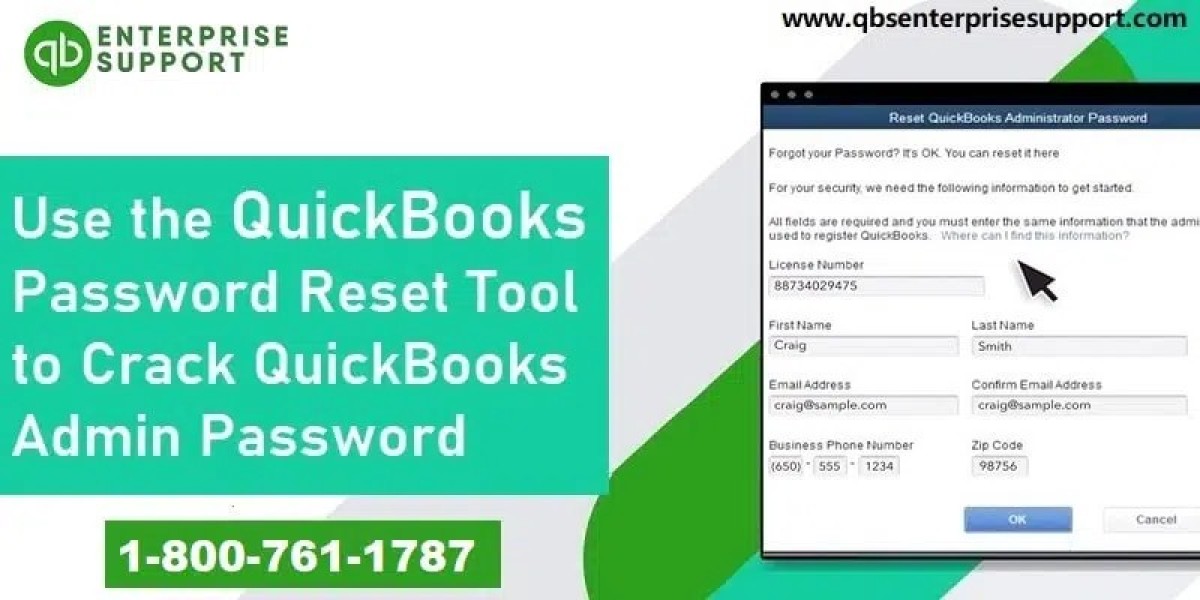The phrase "Do My Online Course" has become emblematic of a modern educational landscape characterized by virtual classrooms and digital learning platforms. This trend encapsulates a growing demand for external assistance in navigating the challenges posed by online education. Exploring the dynamics and implications of "Do My Online Course" unveils a complex interplay of technological advancements, shifting academic paradigms, and the individual needs of students.
The surge in the popularity of "Do My Online Course" services can be attributed to the unique challenges associated with virtual learning. Online courses, while offering flexibility and accessibility, come with their own set of hurdles. Students enrolled in virtual classes often encounter difficulties in time management, self-discipline, and navigating the digital interfaces of various learning platforms. The need for external assistance arises as a response to these challenges, with students seeking professional help to successfully complete their online coursework.
One of the primary drivers behind the demand for "Do My Online Course" services is the prevalence of multitasking in the digital age. Students, many of whom are balancing work, family responsibilities, and other commitments, find it challenging to dedicate sufficient time and attention to their online courses. As a result, outsourcing the completion of online coursework to professionals or agencies has become a pragmatic solution for those striving to maintain a balance between academic pursuits and other aspects of life.
The global reach of online education further contributes to the popularity of these services. Students from diverse geographical locations can connect with professionals who offer to handle their online courses, transcending traditional boundaries. This globalization of educational assistance provides students with a wide array of options, fostering a competitive market for individuals or agencies specializing in completing online coursework.
However, the rise of "Do My Online Course" services is not without ethical considerations. Critics argue that outsourcing online coursework undermines the essence of online learning, which is designed to promote independent and self-directed learning. They contend that relying on external help deprives students of the opportunity to develop essential skills such as time management, critical thinking, and self-discipline, which are integral to the online learning experience.
Educational institutions, recognizing the potential ethical challenges posed by these services, are prompted to strengthen measures to ensure academic integrity. Plagiarism detection tools and strict codes of conduct are implemented to curb academic dishonesty and maintain the credibility of online education programs.
Proponents of "Do My Online Course" services, however, highlight the democratizing effect of such assistance. They argue that these services can level the playing field for students facing exceptional circumstances, such as health issues, personal crises, or socio-economic challenges. In such cases, outsourcing coursework becomes a means of providing equitable access to education for individuals who might otherwise struggle to keep pace with their peers in an online learning environment.
In conclusion, "Do My Online Course" encapsulates a multifaceted phenomenon shaped by the complexities of online education, the demands of contemporary life, and the globalized nature of academic assistance. As the landscape of education continues to evolve, finding a delicate balance between leveraging external help and upholding the principles of academic integrity will be crucial. Recognizing the diverse needs of students and adapting to the nuances of online learning will play a pivotal role in shaping the future of education in the digital age.








